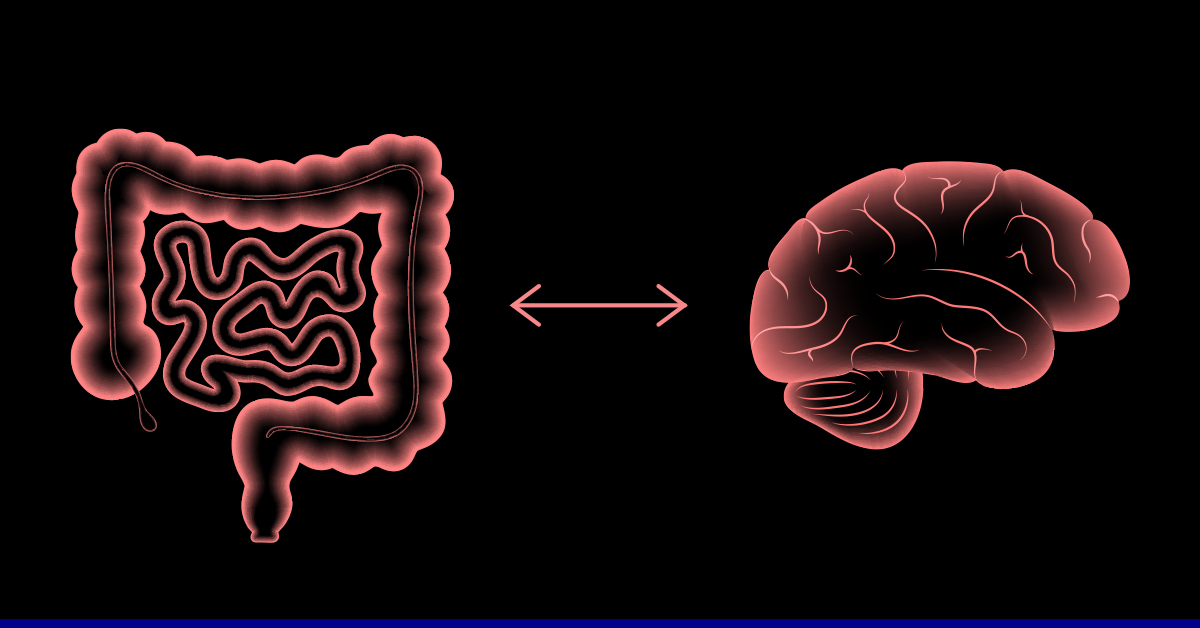
In the United States, ASD is more likely to develop in children; 1 in 68 children have autism spectrum disorders. This neurodevelopmental disease, which is characterized by social impairments and frequently comes with repeated behaviors, is riddled with unanswered questions. Despite the frequency of ASD and the abundance of study, the reasons remain poorly understood.
Although ASD predominantly affects the brain, connections with other systems have emerged in recent years. In particular, gastrointestinal (GI) problems and ASD are directly proportional that appear to affect people with ASD more frequently than the general population. According to one study, children with ASD were six to eight times more likely to experience GI symptoms such bloating, constipation, and diarrhea than children who were normally developing.
According to the experts, people with ASD who have GI issues are more likely to develop ASD symptoms that are more severe. Additionally, addressing the GI problems might occasionally alleviate the social and behavioral symptoms of ASD. To assist you in considering a nutritious diet for ASD related GI issues, you may choose to discuss with a nutritionist. Many people cut out gluten and casein from their diets, but it is crucial to switch out these items with nutritious ones, especially fruits and vegetables. You may also opt for a nutritional supplement, but it is considered more crucial to sustain good eating habits, which frequently calls for a behavior therapist’s help.
Clinicians often identify autism as a developmental disorder based on behavioral and academic abnormalities observed in young children. There are related conditions that may be causally connected when the condition is explored further. In comparison to the general population, people with autism are more likely to experience digestive and gastrointestinal issues. Also, people with autism spectrum disorders have between 9% and 70% greater gastrointestinal problems than neurotypical individuals.

Moreover, according to the experts, 23% of 340 autistic children reported feeling queasy, while 23% of children with autism reported having diarrhea. 65% of autistic children reported constipation. This is to note that people with autism are more prone to have the following symptoms of various conditions:
Having a doctor’s assistance is necessary to manage ASD and GI symptoms. Medications, whether over-the-counter or prescribed, they frequently contribute in the treatment of pain and bloating of GI issues.
Prior to the diagnosis of gastrointestinal distress, those who struggle with it may exhibit irritability, aggressiveness, difficulty sleeping, hyperactivity, inattentiveness, and eating issues, such as food rejection or aversion. Even when a person is receiving the proper behavior treatment, internalizing and externalizing issue behaviors might both indicate that they are distressed and require medical intervention.
It is crucial to comprehend how gastrointestinal issues influence your behavior. Children on the autistic spectrum who also experienced nausea found to be 11% more likely to engage in violent behaviors. Additionally, it was discovered that upper gastrointestinal problems were more likely to cause aggressive behaviors. Between the ages of 6 and 18, people were more likely to have lower gastrointestinal pain like constipation or diarrhea as a result of anxiety.
There are multiple studies evaluating frequency of gastrointestinal disturbance and autistic symptom severity. Compared to people with autism who did not experience these symptoms, experts discovered that stomach discomfort, bloating and gas, constipation, diarrhea, and pain during bowel movements were connected with greater irritability, social disengagement, stereotypy, and hyperactivity.
People possess autistic spectrum who may find it confusing to express their pain or discomfort, or children who may have trouble forming complex words, or who may not be able to speak at all, may have trouble communicating their suffering. In that case, having digestive issues but is unable to recognize with certainty, look for the following signs:
Your may acquire the diagnosis that required so that you can start therapy by working with your physician and behavior therapist. One strategy that many parents use is to change diet, frequently by eliminating casein (a dairy protein) and gluten (a wheat protein), which are frequently included in common diet, especially when it comes to a child. Changing the diet should enable you to encourage them to consume a larger range of healthful foods, specifically fruits and vegetables.
Some people supplement their diets to ensure that they receive the proper nutrition; however it is more crucial to work with a behavior therapist to treat food aversion so that you and your children can consume a larger range of nutritious foods.
In ASD in relation to GI issues, if young people suffer from a more critical underlying condition, such as diverticulitis or Crohn’s disease, it may be necessary to use prescription drugs or perhaps outpatient surgery. Working with your physician ensures that they receive the correct diagnosis. Elimination diets might be useful in identifying dietary sensitivities. Working with a behavior therapist to handle these transitions is crucial for them who struggle with eating and mealtimes.
More research is required to comprehend the gut-brain connection in the context of ASD along with GI disorders, how it affects the symptoms of inflammatory or digestive conditions, and how the two interact. Food digestion issues may exacerbate the symptoms of other illnesses that co-occur with autism, such as allergies, immune system issues, difficulties falling asleep, and mood disorders. Clinicians should be aware that people with autism are more likely to develop these digestive disorders, so screening for issues like constipation or diarrhea, mood disorders, and sleep difficulties, can help them receive treatment on an early basis.
Behavior therapy is the most effective treatment for autism, so your behavior therapist may see changes in your symptoms and formulate the treatment plan accordingly. Discussing new symptoms will help you determine which therapeutic modalities are effective and which are not. By continuous observation and maintaining of medical record, you may adjust your approach to digestive issues related with ASD in the same manner that you modify your approach to behavioral challenges.